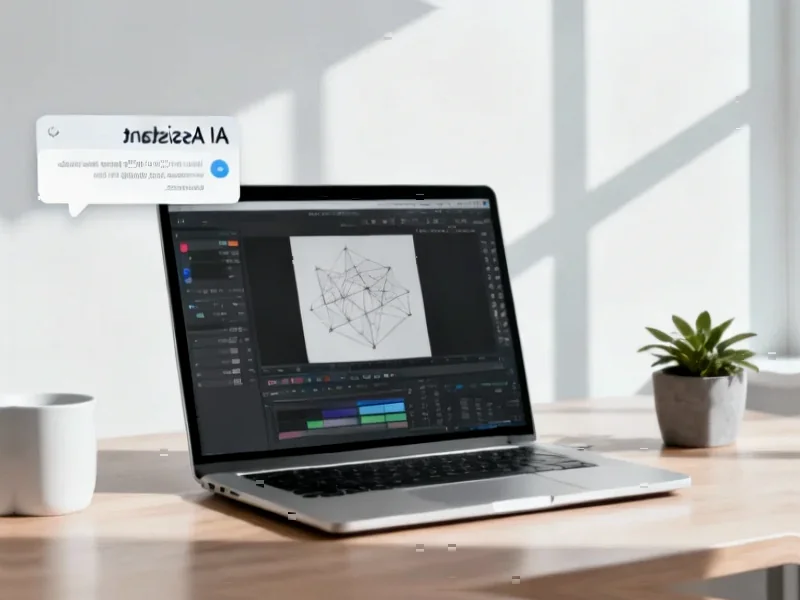According to ZDNet, Perplexity and Getty Images announced a multi-year licensing agreement on Friday that will provide the AI search company with access to Getty’s extensive library of creative and editorial imagery. The partnership aims to enhance Perplexity’s image generation capabilities while ensuring proper attribution to creators, with both companies emphasizing that the collaboration will “better educate users on how to use licensed imagery legally.” This deal comes amid ongoing legal challenges in the AI space, including Getty’s 2023 lawsuit against Stability AI for allegedly training on over 12 million Getty images without permission. The announcement follows Perplexity’s recent launch of a copyright-aware patent search tool, indicating a strategic shift toward legally compliant AI development.
The Copyright Compliance Watershed Moment
This partnership represents a fundamental shift in how AI companies approach content licensing. For years, the dominant model has been “scrape first, ask questions later” – training models on publicly available internet content without proper attribution or compensation. The Getty-Perplexity agreement signals that the industry is maturing from its wild west phase into a more structured ecosystem where content rights are respected. What makes this particularly significant is that it’s happening at the infrastructure level – this isn’t just about individual creators getting paid, but about building attribution directly into the AI’s output mechanism.
The Enterprise Adoption Catalyst
Corporate legal departments have been the silent brake on AI adoption in business contexts. While employees might experiment with consumer AI tools, companies have remained rightfully cautious about using AI-generated content in marketing, documentation, or client-facing materials due to unresolved copyright questions. This partnership directly addresses those concerns by providing a clear chain of attribution. For enterprise customers, the ability to point to licensed source material transforms AI from a legal liability into a viable production tool. We’re likely to see other AI companies scrambling to establish similar partnerships as businesses demand copyright-clear AI solutions.
The Premium Content Differentiation
Getty’s library represents premium, professionally created content that stands in stark contrast to the typical training data scraped from the open web. This creates an immediate quality differentiator for Perplexity – their AI-generated images will have access to higher-quality source material, potentially leading to better outputs. More importantly, it establishes a tiered market where companies can choose between free, legally-questionable AI tools and premium, copyright-compliant alternatives. This could eventually lead to subscription models where users pay for access to licensed content libraries through AI interfaces.
Setting Legal Precedents Through Partnership
Rather than waiting for courts to establish boundaries through litigation, Perplexity and Getty are proactively creating a model for how AI companies should operate. This partnership essentially creates a blueprint that other companies can follow, potentially reducing future legal conflicts. The timing is particularly strategic given the increasing regulatory scrutiny of AI training practices globally. By establishing this partnership now, both companies position themselves as responsible actors in an industry often criticized for moving fast and breaking things, including copyright laws.
The Ripple Effects Across AI Ecosystems
This deal will likely trigger similar partnerships across the AI landscape. We can expect to see text-based AI companies pursuing agreements with news organizations, book publishers, and academic databases. The music and audio AI sector will probably seek licensing deals with record labels and music libraries. What begins as an image licensing agreement could evolve into a comprehensive content ecosystem where AI companies become distribution channels for licensed content across multiple media types. The companies that move first to establish these partnerships will gain significant competitive advantages in both legal protection and content quality.




